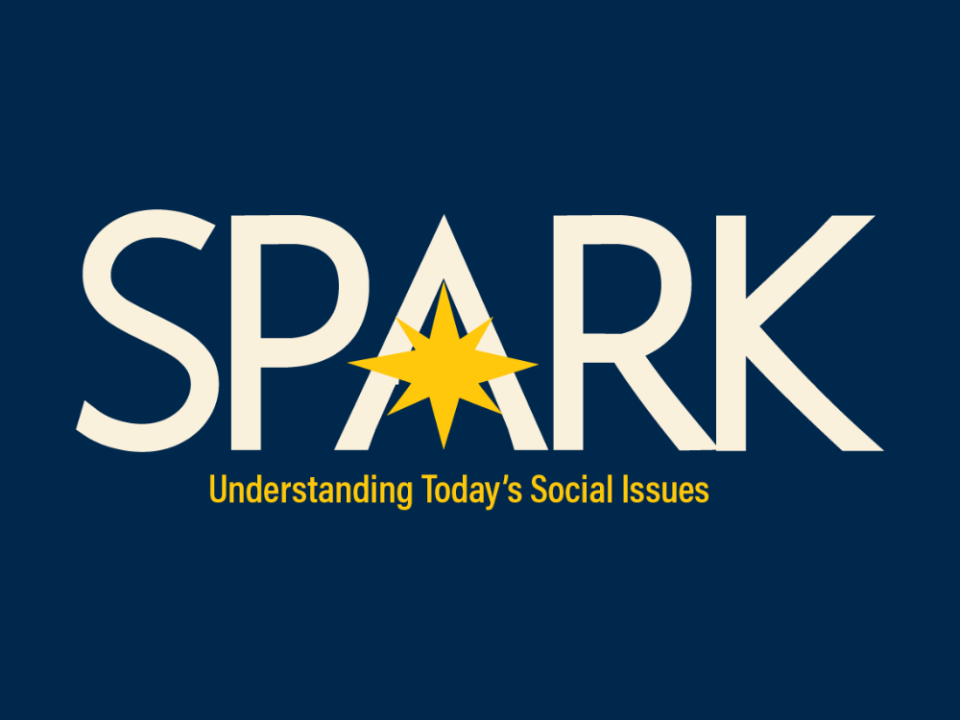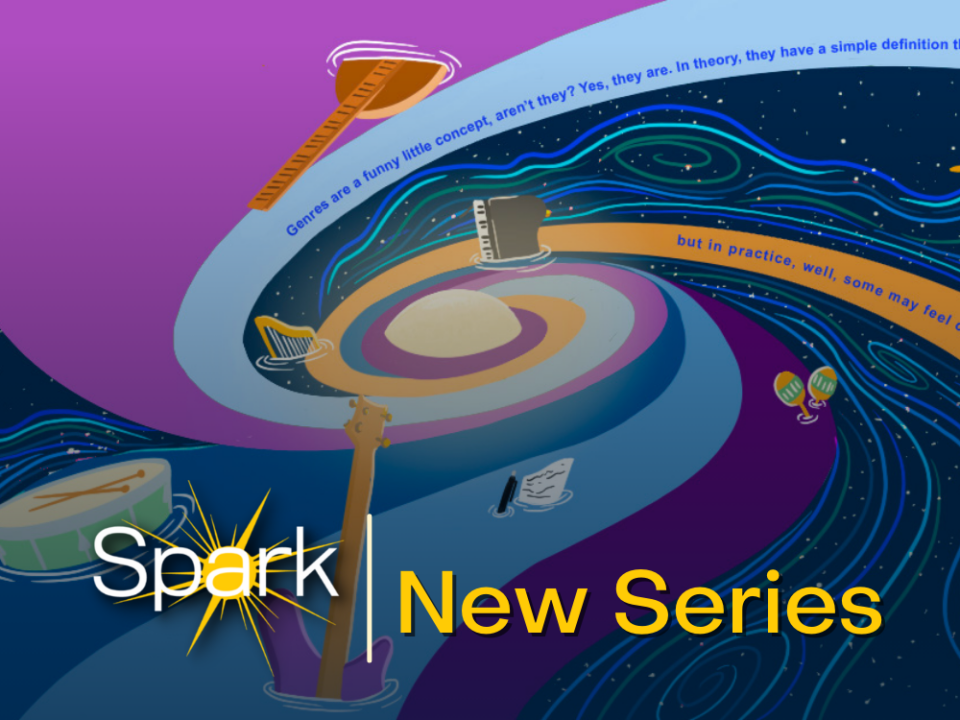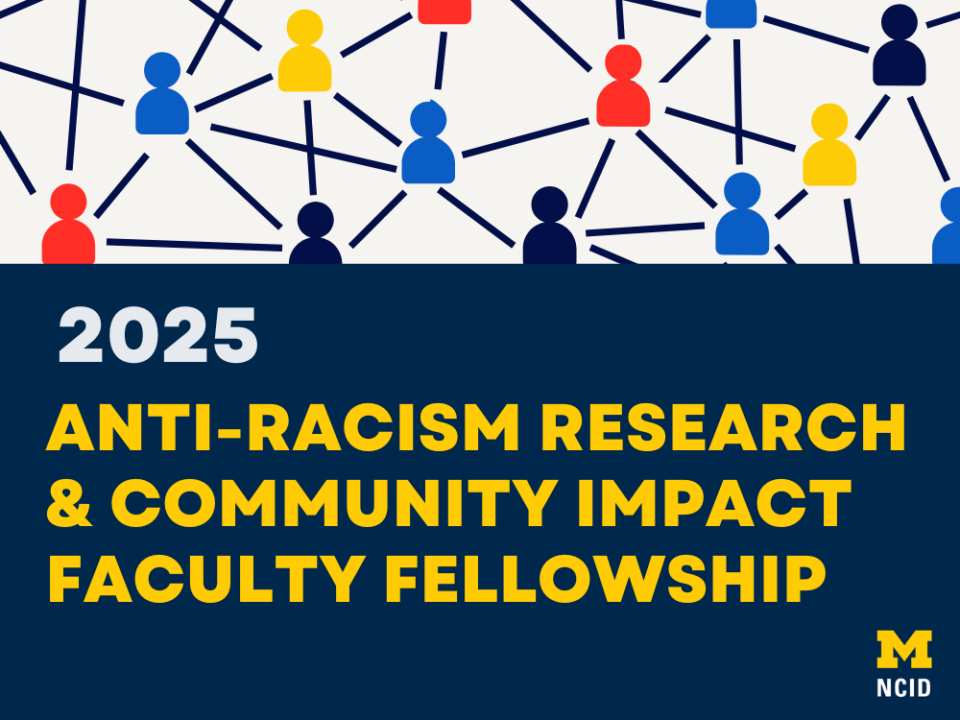- About
- News
- Events
- Initiatives
- Anti-Racism Collaborative
- Change Agents Shaping Campus Diversity and Equity (CASCaDE)
- Diversity Scholars Network
- Inclusive History Project
- James S. Jackson Distinguished Career Award for Diversity Scholarship
- LSA Collegiate Fellowship Program
- University Diversity & Social Transformation Professorship
- Publications & Resources
- About
- News
- Events
- Initiatives
- Anti-Racism Collaborative
- Change Agents Shaping Campus Diversity and Equity (CASCaDE)
- Diversity Scholars Network
- Inclusive History Project
- James S. Jackson Distinguished Career Award for Diversity Scholarship
- LSA Collegiate Fellowship Program
- University Diversity & Social Transformation Professorship
- Publications & Resources

“What Are AANAPISIs?”
August 31, 2019NCID Director Tabbye Chavous Appointed University of Michigan Associate Vice President for Research
September 20, 2019Pop Up Writing Opportunity: Growing Up Amid the Rise of Racism
In the past few years, the U.S. has seen a rise of interpersonal and overt expressions of racism. Events such as the Unite the Right rally in Charlottesville brought together groups that openly espoused white supremacy, while at the same time, ostensibly race-neutral policies continued to be implemented by politicians in ways that disproportionately impacted racial/ethnic minority communities. Racist ideologies have long been part of American history, forming the basis of practices such as institutionalized slavery, segregation, child separation into boarding schools, anti-immigrant policies and practices, and daily racialized microaggressions.
Amid this sociopolitical environment, children and young adults are developing their own understandings of who they are, often shaping their identities as members of the very communities targeted by renewed and aggressive racist discourse. Parents, families, educators, and communities have played key roles in supporting the process of understanding race and in preparing, recognizing, and responding to racialized experiences.
For this Spark series, we are looking to publish five pieces by diversity scholars whose scholarship speaks to identity development in our current socio-political context. Example questions to consider may include, but are not limited to the following:
- Emerging data have shown that 1 in 1,000 Black men can expect to be killed by the police. How do young Black men understand their racial identities amid these patterns of state violence? How do families and communities of color talk about their racial identities or teach their children about relationships with law enforcement?
- How do immigrant youth learn their self-worth, develop as students and professionals, or establish families given the growing anti-immigrant rhetoric and threat of family separation and deportation?
- A recent lawsuit against Harvard University threatening affirmative action policies places Asian Americans at the center of a national conversation about race, merit, and equity in college admissions. How are diverse Asian American students making meaning of their identity while competing racialized notions of achievement and merit in the United States are underway?
- In the recent mass shootings in El Paso, the shooter mentioned “race-mixing” among his many motivations for the killings. How has the discourse on multi-racial identity changed during this rise of white nationalism and calls for the purity of the white race?
- How do mass public protests those against the Mulsim Ban or the Dakota Access Pipeline or those taking place at Mauna Kea shape racial/ethnic identity?
Please submit your pitch by Friday, September 13th. Priority will be given to members of the Diversity Scholars Network. We welcome you to review our writing guidelines and for an example of our other work, check out our series on nonbinary identities.
This series will be curated by Tabbye Chavous, University of Michigan professor of education and psychology and director of NCID, and William Lopez, University of Michigan clinical assistant professor of health behavior and health education, and faculty director of public scholarship at NCID.




